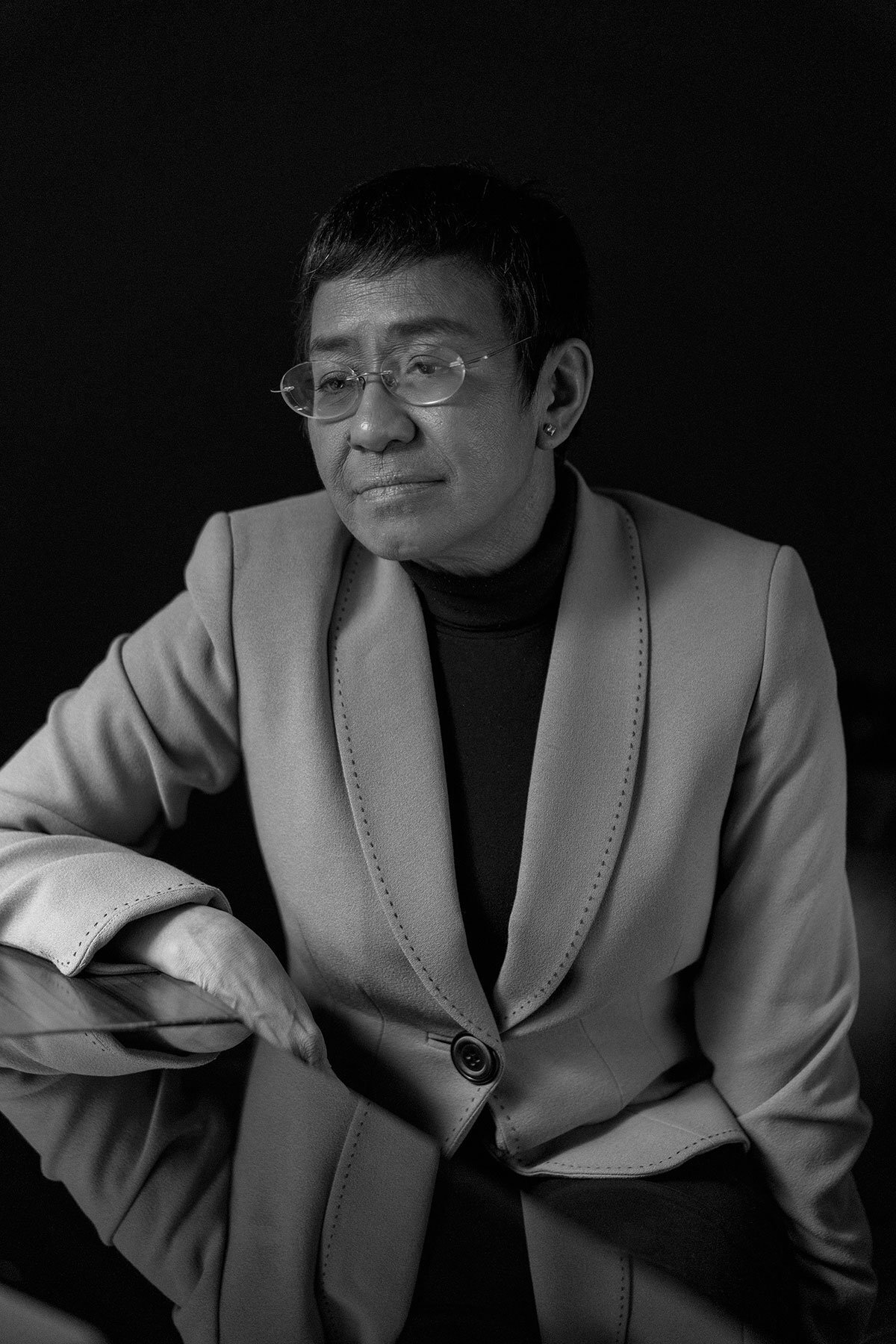Why should we all know about Maria Ressa?

When relationships between government officials and the press are strained around the world, journalists like Maria Ressa are more important than ever. Ressa is a Filipino-American journalist that has dedicated her career to advocating for global press freedom. She is the CEO of the Philippines-based, independent social news site, Rappler. The site often covers topics that expose their government officials and their president’s war on drugs. Rappler has been referred to as “fake news” by the Philippine president, Rodrigo Duterte. As a result of the reporting at Rappler, the Philippine government has targeted Ressa, trying to silence her by racking up charges against her, including “cyber-libel” and others, that, together, amount to more than 100 years in prison if convicted.
“I had to post bail eight times and then still despite that in a five-week period, roughly, I was arrested twice. I think the government wanted me to feel their power, so they detained me overnight, even though it’s a bailable charge.” Ressa said about her cyber-libel arrest in an interview with Variety.
The cyber-libel charge comes from a 2012 Rappler story that stated a well-known Filipino businessman was involved with drugs and human trafficking. Cyber-libel laws in the Philippines went into effect in 2014. Due to the fact that a correction was made to the story after the laws were passed, it was considered a republication and therefore could be considered breaking the law. Ressa was convicted of the charge on June 15, 2020, and began an appeal to the decision.
Due to the fact that she has been targeted by her own government for several years over her reporting, a coalition was made to support her unwavering efforts in holding higher powers accountable. The #HoldTheLine Coalition consists of more than 60 press freedom groups around the world including the Committee to Protect Journalists, Reporters Without Borders, the International Center for Journalists, and more.
According to the Committee to Protect Journalists, the Philippines is on the list as one of the most dangerous places for reporters. In an interview President Duterte did with Ressa, he’s said himself that it is important that the people of the Philippines be afraid of him. For Ressa to stand up to President Duterte, exposing him for extrajudicial killings that resulted from his tough war on drugs, makes her an important factor in upholding freedom of the press in democracies around the world. She makes it a point to always express that if the press doesn’t use their rights and doesn’t hold power to account, democracy will be lost.
Ressa believes that in the U.S. and the Philippines, tech has enabled the rise of Authoritarian leaders around the world. In the Philippines, 100% of the internet-using population uses Facebook. There, the algorithm is selective and amplifies anger and hate, and plays on emotional manipulation when it comes to politics.
In the documentary, A Thousand Cuts, Ressa detailed how the government created disinformation networks against her through Facebook, and as a result, she began receiving an average of 90 hate-messages per hour. She said the influence operations carried out via social media are meant to change the way people think and act and should be thought of as a crumbling of democracy from within.
Though she’s been vilified for her work and has been the target of a silencing campaign, she’s also received praise from around the world for standing up to the government. In 2018, Ressa won both TIME magazine’s “Person of the Year” and the Golden Pen of Freedom Award from the World Association of Newspapers and News Publishers. Her reporting is respected for staying factually based and always holding power to account.
